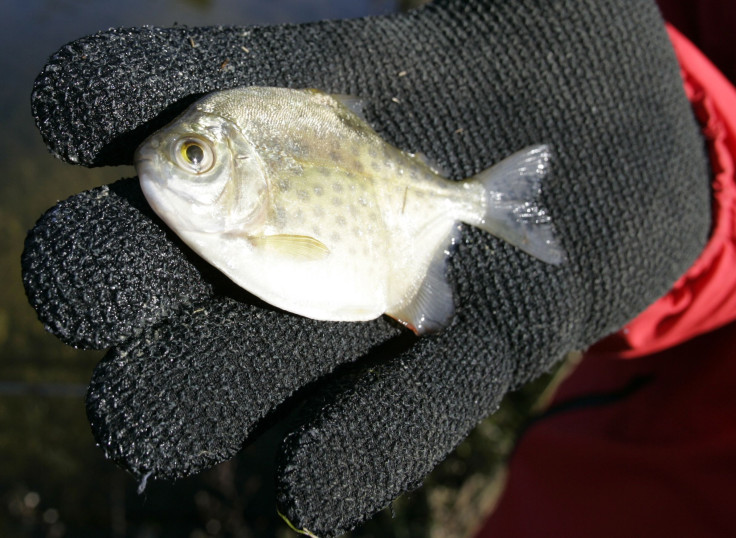Tropical Fish Moving Toward Poles Due To Climate Change, Could Affect Global Fisheries: Study

Climate change and warming of the world's oceans are prompting tropical fish to move toward cooler waters near the poles, according to a study, which predicts that a large number of fish will disappear from the tropics by 2050, if the current trend of changing temperatures continues.
As part of the study, researchers at the University of British Columbia, or UBC, in Canada, used the same climate change scenarios as the Intergovernmental Panel on Climate Change, or IPCC, to predict a large-scale change in the habitat of fish and other invertebrates. If the Earth’s oceans heat up by 3 degrees Celsius by 2100, which is considered to be the worst-case scenario, fish could retreat from their current habitats at a rate of 16 miles a decade. In the best-case scenario, which assumes the oceans warm by 1 degree Celsius by 2100, fish would move nine miles in every 10 years, researchers said in the study, published in the ICES Journal of Marine Science.
“The tropics will be the overall losers,” William Cheung, associate professor at UBC and the study’s co-author, said in a statement. “This area has a high dependence on fish for food, diet and nutrition. We’ll see a loss of fish populations that are important to the fisheries and communities in these regions.”
The researchers examined 802 commercially important species of fish and invertebrates to observe how they react to warming waters, changing ocean properties and the creation of new habitats at the poles. According to the researchers, the invasion effect is more distinct in the Arctic, where warming has been the fastest.
“As fish move to cooler waters, this generates new opportunities for fisheries in the Arctic,” Miranda Jones of UBC and the study’s lead author, said in the statement. “On the other hand it means it could disrupt the species that live there now and increase competition for resources.”
While it is not known how the invasive species will interact with native species and ecosystems, the invasion is likely to create problems for international fisheries management as fish stocks move across currently established boundaries.
"They could destabilize existing management agreements between countries. Norwegian fisheries are already changing noticeably,” the Canadian Press quoted Cheung as saying. Scandinavian countries are reportedly in discussions to cope with the movement of Atlantic mackerel stocks.
© Copyright IBTimes 2024. All rights reserved.






















